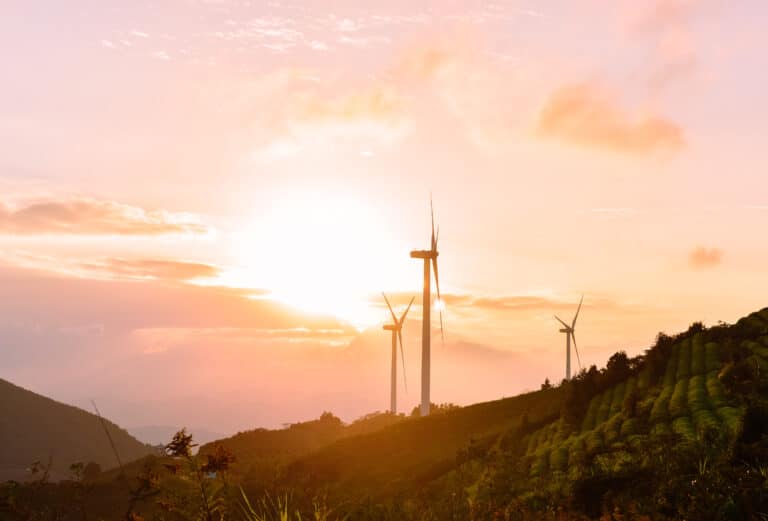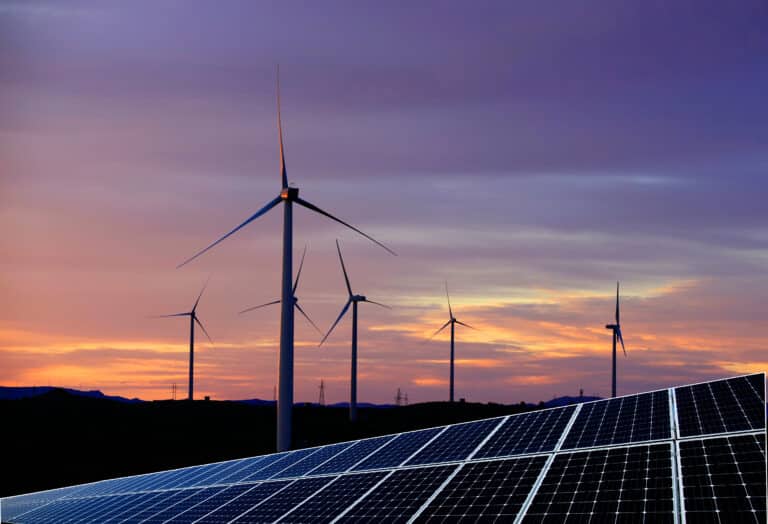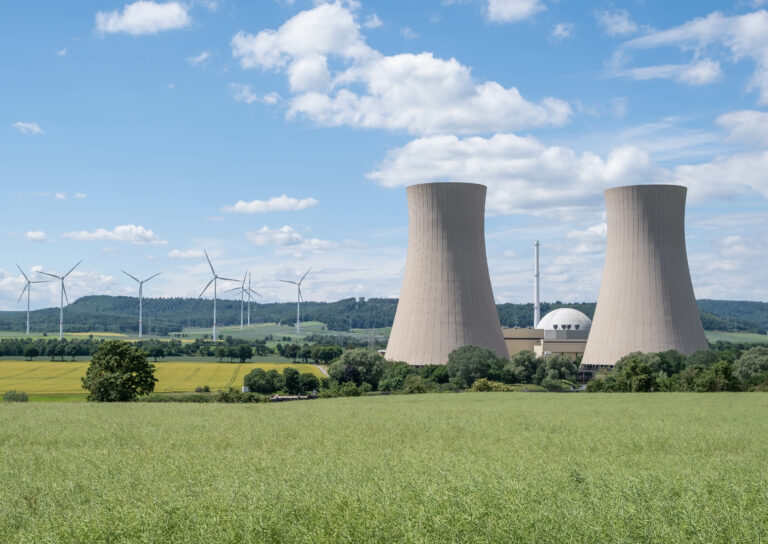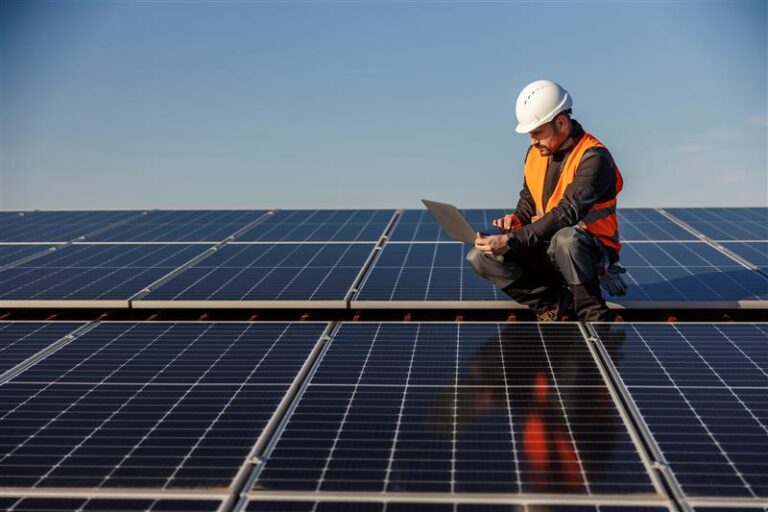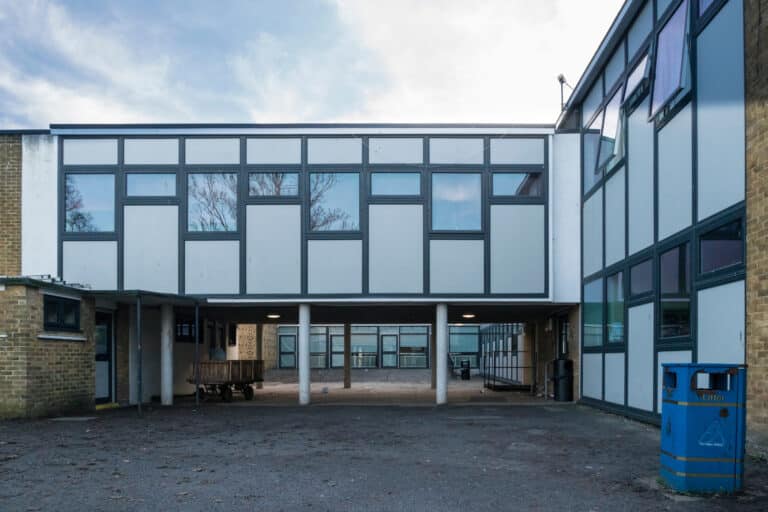Essential Energy FAQs: Energy Saving
Energy saving while your school is closed or operating in a reduced capacity
In our mini webinar session, delivered at the beginning of the COVID-19 lockdown, we discussed how to hibernate your school if it is closed, or to minimise your energy usage if you are still open but operating in a reduced capacity. Chris Jermy, Zenergi’s Head of Business Development, shared some simple but often forgotten energy saving tips, and provided an update on market trends which sparked lots of listener questions, many of which were around procurement. We’ve summarised and collated them here.
1. In terms of procurement for a large tender, given that some providers are not fully functioning, are we in a good position to procure a contract and be compliant?
Yes. Although it is true that we are seeing some suppliers showing caution to price for the long term, we are successfully closing contracts through our OJEU-compliant framework. If your energy is due for renewal it is worth acting quickly. In energy price terms, we are looking at an almost perfect storm of reduced demand, resulting from the COVID-19 measures lowering industrial energy consumption; high generation capacity; and an increasingly strong pound, which has driven UK wholesale prices down. But it is uncertain how long the situation will continue. Zenergi can look up to two years ahead if you would like to take advantage of the favourable market now.
2. Is it likely that suppliers will introduce some additional charges mid-way through the contract?
It is unlikely that suppliers will do this. Of course, there is the ‘change of law’ clause where a change in law or regulations that affects the cost to supply energy to your premises allows your supplier to increase your fixed price during the contract. But, although there are no guarantees, it is not expected that suppliers will increase charges mid-way through a contract to counteract any fall in expected consumption. The reason for this is that suppliers will usually allow for some tolerance within a contract. As far as Zenergi customers are concerned, our portfolio as a whole is strong with a mix of both business and industry consumers.
3. How do I access the graph data for my school that was shown at the beginning of the presentation?
The graph data shown in the slides is Zenergi’s PEPI (Positive Energy Pack Interactive). This is our online portal that we offer to all our customers. It allows customers better visibility into monitoring and managing energy consumption. Of course, all our customers have a dedicated account manager who monitors energy usage and keeps customers informed, but the PEPI is also available 24/7 for customers to log on at any time to gain insights. If you require any support in accessing this information please just ask your account manager for help, and notably the Portal does not work on internet explorer, so Microsoft Edge or Google Chrome are recommended.
4. If we are already in a contract with Zenergi will we benefit from these low costs? How long do you think these low prices will continue? How long before the market recovers?
Customers in a flex contract such as day-ahead, will benefit from the low prices now, and of course we will be optimising purchasing for our flexible contracts where we are actively purchasing on an ongoing basis. If you are in a fixed contract we can look up to two years ahead, so can potentially hedge now for renewal. It is uncertain how long these prices will continue. Consumption and demand will increase if industrial use returns to normal, and prices will rise accordingly. Of course, weather will have an impact too, and the warmer weather we have experienced recently will also contribute to an oversupply situation, lowering energy prices.
5. How far ahead can you contract, and what length of contract can I sign to take advantage of the prices?
Most gas suppliers will contract for around five years maximum, whilst on electricity most will secure contracts up to 31.04.2024. Some suppliers won’t want to take that risk and will offer shorter contracts. Zenergi can look up to two years ahead of your renewal date, so if you want budget security it can be a good idea to hedge some forward prices now while the market is good. Zenergi can take care of liaising with all the suppliers on your behalf to get the most competitive deal.
Listen to the full webinar recording with Q&A.






